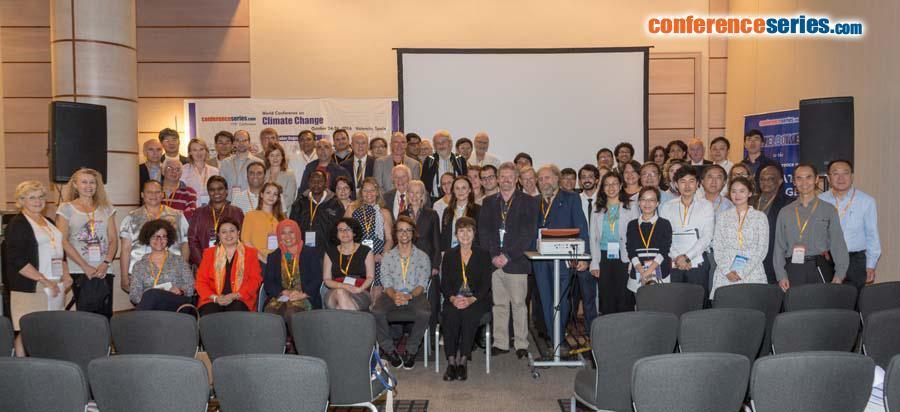
Deuk-Hwan Lee
Korea Advanced Institute of Science and Technology, Korea
Title: A case study on determining real-time landslide early warning level by sequentially applying ERI and infiltration-slope stability coupled model
Biography
Biography: Deuk-Hwan Lee
Abstract
With the increasing magnitude and number of extreme precipitation events resulting from global climate change, the scale of rainfall-induced landslides and consequent damages has been remarkably enlarged in Korea since the beginning of 21st century. There have been few studies to constitute the landslide early warning framework by sequentially applying an empirical rainfall threshold and a physically-based slope stability model. This research introduces a concept of real-time landslide early warning scheme capable of upgrading up to two higher warning levels by applying two precidictive models of different approaches in consecutive order. A specific area of ‘normal’ state is upgraded to a higher warning level if the predicted or actual rainfall exceeds Extreme Rainfall Index threshold, which has been previously developed to conduct a landslide temporal probabilistic assessment. This empirical semi-rainfall threshold considers soil properties (permeability and storage capacity) as well as the rainfall factors in order to incorporate the effect of spatial variation of the infiltration capacity on the landslide probability. Subsequently, the area can be updated to the highest warning level of the suggested scheme as the factor of safety decreases below 1.3, which is calculated by a coupled model connecting different but sequential processes of slope failure; infiltration and slope stability. The study tested the validity of the landslide early warning scheme for a broad-scale by applying it for several past rainfall events and corresponding landslide historical data which had occurred in Busan, the second largest metropolitan city in Korea.

